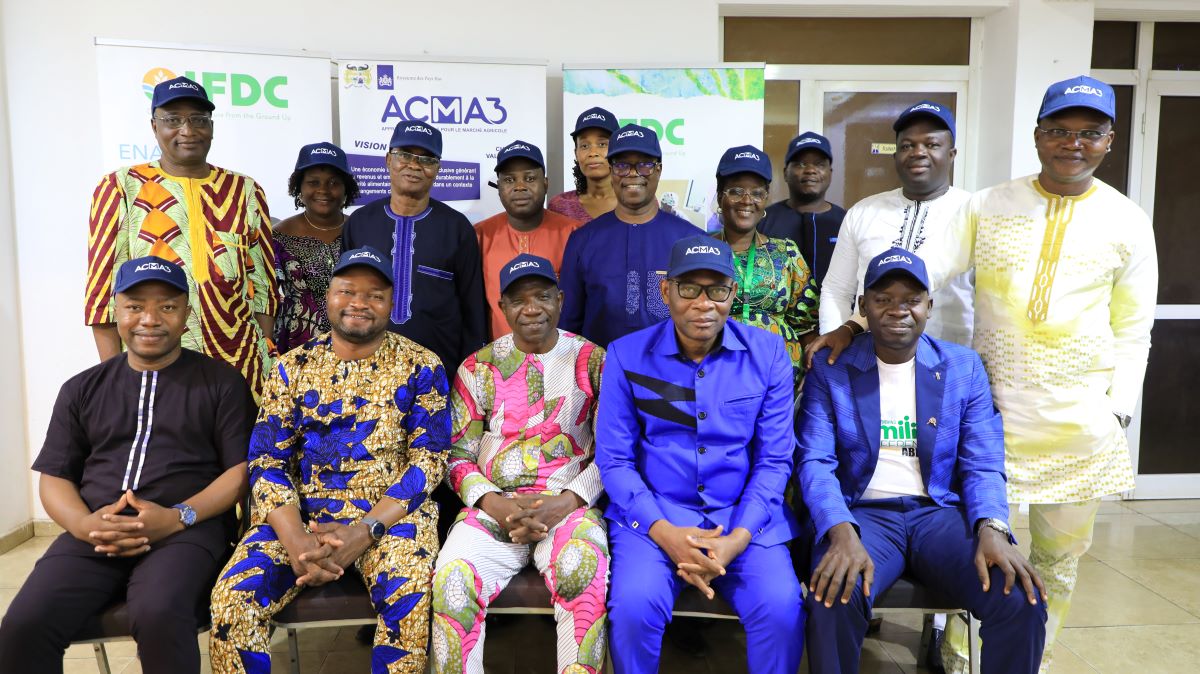
Sino-African trade reached a record $295.6 billion in 2024, marking China’s sixteenth consecutive year as the continent’s largest trading partner. Yet behind the headline figure lies a concentrated economic reality: five African nations account for the majority of this partnership, illustrating both the opportunities and structural imbalances that define the relationship.
South Africa remains the continent’s leading partner, with trade totaling $52.4 billion.
Its diversified economy, advanced ports, and strategic location make it a gateway to southern Africa. While exports primarily include iron ore, precious metals, and processed mining products, trade fell by 5.6% in 2024, reflecting a maturing relationship in search of new balances.
The Democratic Republic of Congo is the continent’s rising star, with trade surging 37.8% to $25.9 billion.
Driven by Chinese demand for copper and cobalt, essential for batteries and renewable energy, the DRC became China’s largest African supplier in 2024.
This growth highlights the strategic importance of critical minerals in reshaping global economic dynamics.
Nigeria, Africa’s most populous nation, ranks third with $21.8 billion, despite a 3.1% decline.
Reliance on oil exports limits growth in trade diversity, prompting Nigerian authorities to seek investment in agriculture and manufacturing to balance the relationship.
Angola, historically China’s main oil supplier, posted $20.8 billion in trade, a decline of 9.1%. Factors include oil price volatility, economic diversification, and China’s search for alternative energy sources. Angola’s $21 billion debt to China underscores the intertwined nature of trade and finance.
Egypt completes the top five, trading $17.4 billion. Its geostrategic location and initiatives like the Suez Economic and Trade Cooperation Zone make it central to China’s Belt and Road strategy.
Egypt has also issued yuan-denominated bonds, deepening financial integration.
Despite these successes, structural imbalances persist: 89% of African exports to China are raw materials, while 94% of imports are manufactured goods, perpetuating dependency.
Africa runs a $62 billion trade deficit, with debt obligations further entangling key partners.
Emerging sectors, including renewable energy and technological cooperation, offer potential for more balanced engagement. Regional integration through the African Continental Free Trade Area could strengthen bargaining power and promote local value chains.
For Africa’s five leading trade partners, the challenge is clear: leverage resources strategically, industrialize, and move up the value chain to transform the Sino-African relationship into a more equitable partnership.



